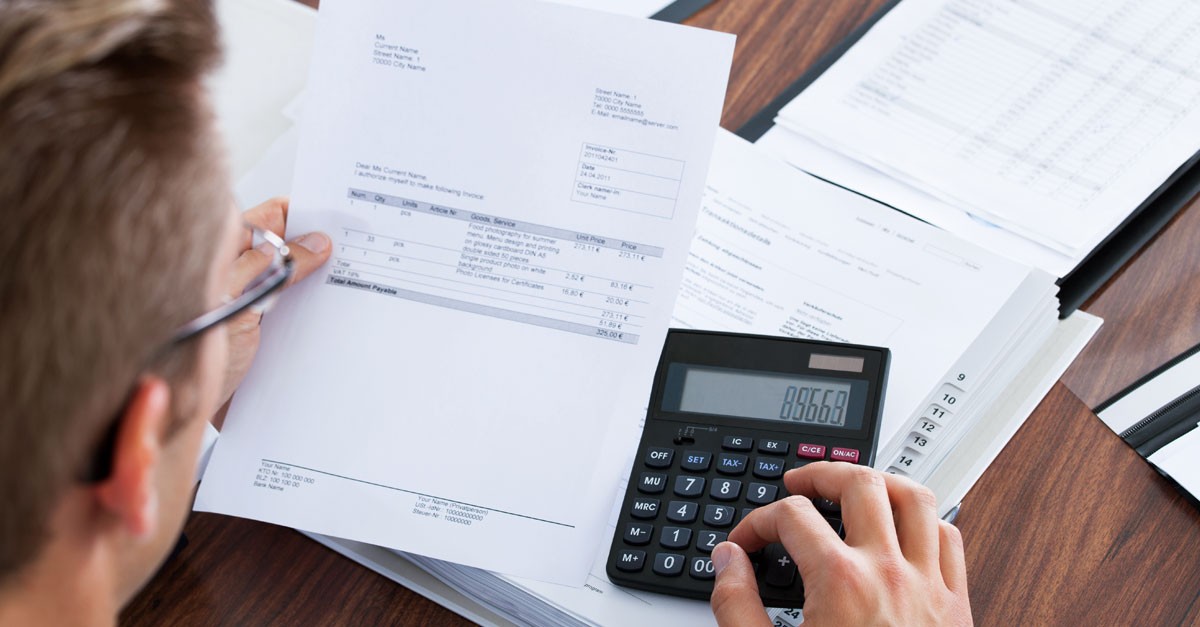
The deadline for paying the second instalment of the Imu and Tasi property taxes in Italy is fast approaching, with the date being set for 17th December 2018. The first ones who will have to make these payments are the owners of luxury houses and second homes.
What are the Tasi and Imu taxes?
Tasi 2018 for a main residence
The Tasi Indivisible Services Tax (Tassa sui Servizi Indivisibili), does not have to be paid for houses used as a first home, as established by the Salva-Italia decree. This means the property in which the owner and their family live is exempt from paying this tax.
If the members of the family reside in different houses, but in the same municipality, only one house will be exempt from payment. If the two properties are in different municipalities, though, both can obtain an exemption. The house must be registered as a single property unit.
Tasi 2018 pertinenze exemption
Also included in the exemption from paying the Tasi are some parts of the main household, as prescribed by the limits set in 2012. These are known as pertinenze, or relevant in English, and are as follows:
- garage (cadastral category c-6);
- veranda and storage spaces (c-7);
- storerooms and basements (8C/2).
Imu 2018 for luxury houses
The exemption does not apply in any way to luxury homes when it comes to the Imu Italian Municipal Tax (Imposta Municipale). These properties, in fact, will have to pay both the Imu and the Tasi for 2018. The cadastral categories A1, A8 and A9 (i.e. mansions, villas and castles), however, can pay the Imu 2018 with a reduced rate of 4 per thousand and a deduction of 200 euro. Luxury villas included in the cadastral category A7, on the other hand, are exempt from payment.
Imu on properties with agreed rental fees
The 2016 Stability Law in Italy also provided concessions for rented homes at an agreed rental price, which benefit from an Imu reduction of 25%.
Tasi on loaned buildings
For homeowners who grant their children a property on loan free of charge, there is a 50% reduction in the tax base, if and when the requisite conditions are met.
Tasi for renting tenants
Thanks to the Stability Law, tenants who have chosen the property unit they’re renting from someone else as their main residence are also exempt from paying the Tasi 2018. Students who live off campus and people who move for work without changing their residence must continue to pay the tax. The amount of tax that is removed for tenants will not shift to the property owners, who will continue to pay between 70% and 90%.
Tasi for separated and divorced couples
With regard to separated and divorced persons, if the matrimonial home is assigned to the former partner by a judgment of separation or annulment, dissolution or termination of the civil effects of marriage, they will not have to pay the Tasi. People who are separated and leave their former spouse's home do not have to pay tax on their first home.
Imu on unsold real estate
Unsold new development properties belonging to construction companies will continue to pay the Imu, but with a reduced rate of 1 per thousand.
Imu and Tasi for Italian residents abroad
People registered as Italian citizens residing abroad will also have to pay the Imu and the Tasi, with the exception of people who receive a pension in their country of residence, provided that the property owned in Italy is not rented or given on a loan basis.
Imu and Tasi for historical dwellings
Owners of condemned, uninhabitable and historic buildings are entitled to a 50% reduction in the tax base of Imu and Tasi.
Imu 2018 on agricultural land
In 2017, the Imu exemption for agricultural land came into force, giving tax breaks to farmers and agricultural professionals. The 2016 Stability Act removed the Istat's classification as mountainous, semi-mountainous or lowland by reintroducing the old classification of agricultural land.
Moreover, from 1st January 2016, companies have been able to exclude bolted machinery from their tax calculations and thus from the tax base for the payment of the Imu.